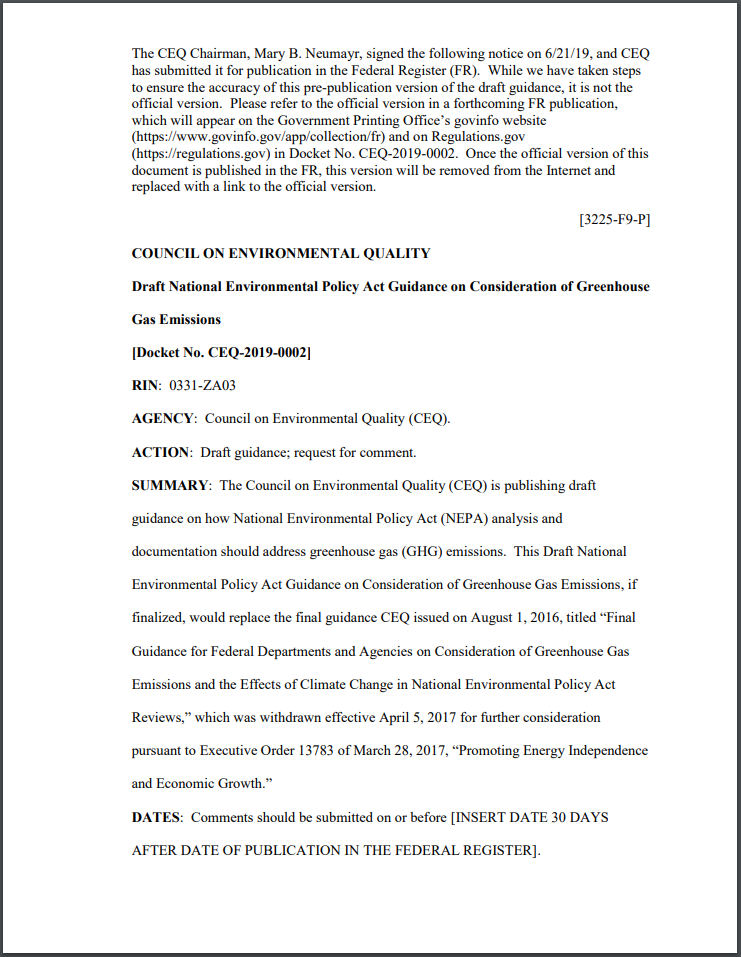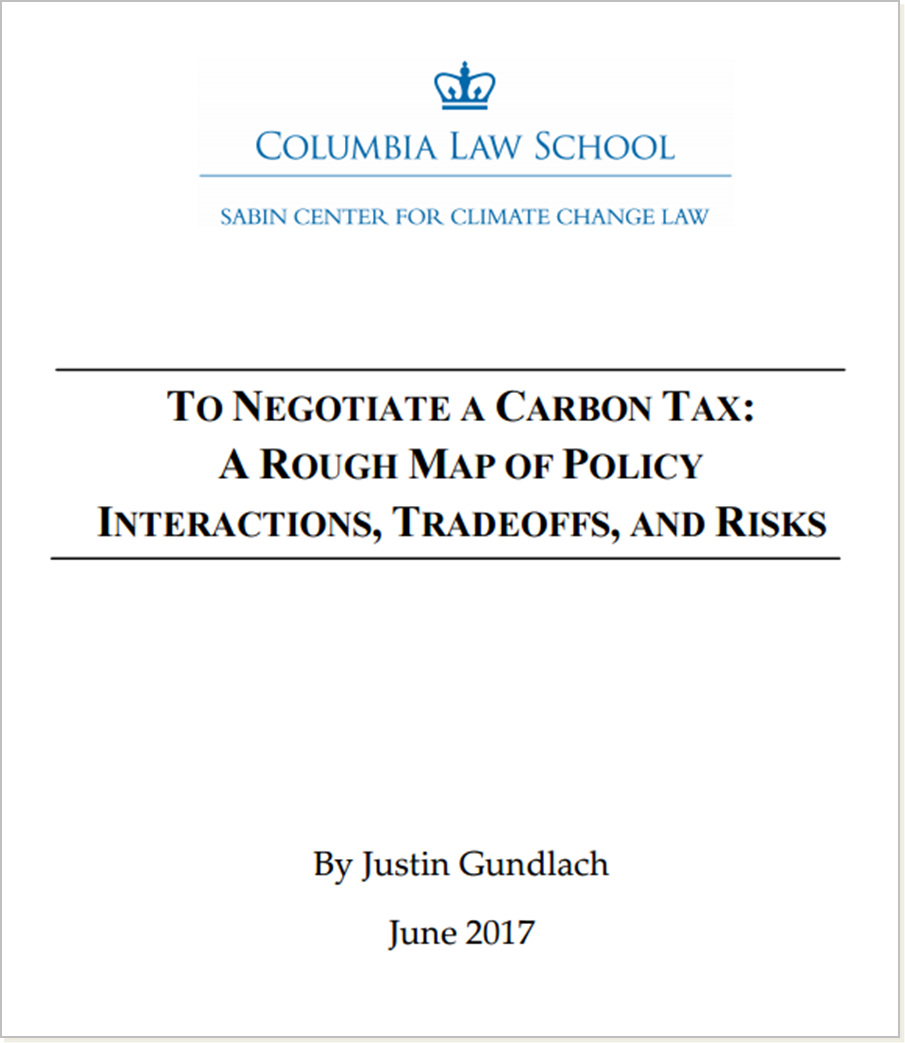FEATURED CASE
Second Circuit Rejected New York City’s State Law Climate Claims Against Oil Companies
The Second Circuit Court of Appeals affirmed the dismissal of New York City’s lawsuit seeking climate change damages from oil companies. The Second Circuit’s decision largely followed the reasoning of the district court’s 2018 decision. First, the Second Circuit held that federal common law displaced the City’s state-law public nuisance, private nuisance, and trespass claims because the lawsuit would regulate cross-border greenhouse gas emissions, albeit “in an indirect and roundabout manner,” and because state law claims “would further risk upsetting the careful balance that has been struck between the prevention of global warming, a project that necessarily requires national standards and global participation, on the one hand, and energy production, economic growth, foreign policy, and national security, on the other.” The Second Circuit then held that the Clean Air Act, in turn, displaced federal common law claims related to domestic emissions. The Second Circuit cited American Electric Power Co. v. Connecticut, 564 U.S. 410 (2011), as establishing “beyond cavil” that the Clean Air Act displaced federal common law nuisance suits to abate domestic transboundary greenhouse gas emissions, and found that Native Village of Kivalina v. ExxonMobil Corp., 696 F.3d 849 (9th Cir. 2012), provided “sound reasoning” for determining that the Clean Air Act also displaced federal common law damages claims. The Second Circuit also rejected New York City’s contention that the Clean Air Act’s displacement of federal common law claims resuscitated its state law common law claims. Finally, the Second Circuit held that although the Clean Air Act did not displace New York’s federal common law claims addressing emissions outside the United States, foreign policy concerns foreclosed such claims. The Second Circuit said holding the oil companies liable for “purely foreign activity” would “sow confusion and needlessly complicate the nation’s foreign policy, while clearly infringing on the prerogatives of the political branches.” City of New York v. BP p.l.c., No. 18-2188 (2d Cir. Apr. 1, 2021).
Social Cost of Carbon
On Friday the White House Council on Environmental Quality (CEQ) unveiled new draft guidance on the consideration of climate change in National Environmental Policy Act (NEPA) reviews. This is intended to replace the final CEQ guidance that was issued by the Obama administration in 2016 and subsequently revoked by President […]
By Romany Webb The New York Independent System Operator (NYISO) – the entity responsible for managing New York’s electric grid – is currently undertaking a major review to determine whether and how a carbon price could be integrated into wholesale electricity markets. This is widely seen as necessary to harmonize […]
By Nadra Rahman and Jessica Wentz Federal climate regulations are currently under attack, in part due to the perception that these regulations will impose excessive costs on regulated industries and society as a whole. But according to federal projections, the benefits of these regulations would significantly outweigh the costs. In […]
by Justin Gundlach A new working paper from the Sabin Center adds to discussions currently swirling around the prospect of a federal carbon tax. The paper–part of a larger project underway at the Columbia University Center for Global Energy Policy–shines light on a set of practical considerations that other analyses […]
Jessica Wentz Associate Director and Fellow Yesterday, the Bureau of Ocean and Energy Management (BOEM) released the Draft Programmatic Environmental Impact Statement (DPEIS) for the 2017-2022 Outer Continental Shelf (OCS) Oil and Gas Leasing Program. The DPEIS accounts for the impacts of climate change on program activities. It does not, […]
Jessica Wentz Associate Director and Fellow Tucked deep into the opening brief on procedural and record issues filed by opponents to the Clean Power Plan there is an important and under-reported development: The role of the Social Cost of Carbon (SCC) in cost-benefit analysis is now before the D.C. Circuit […]





